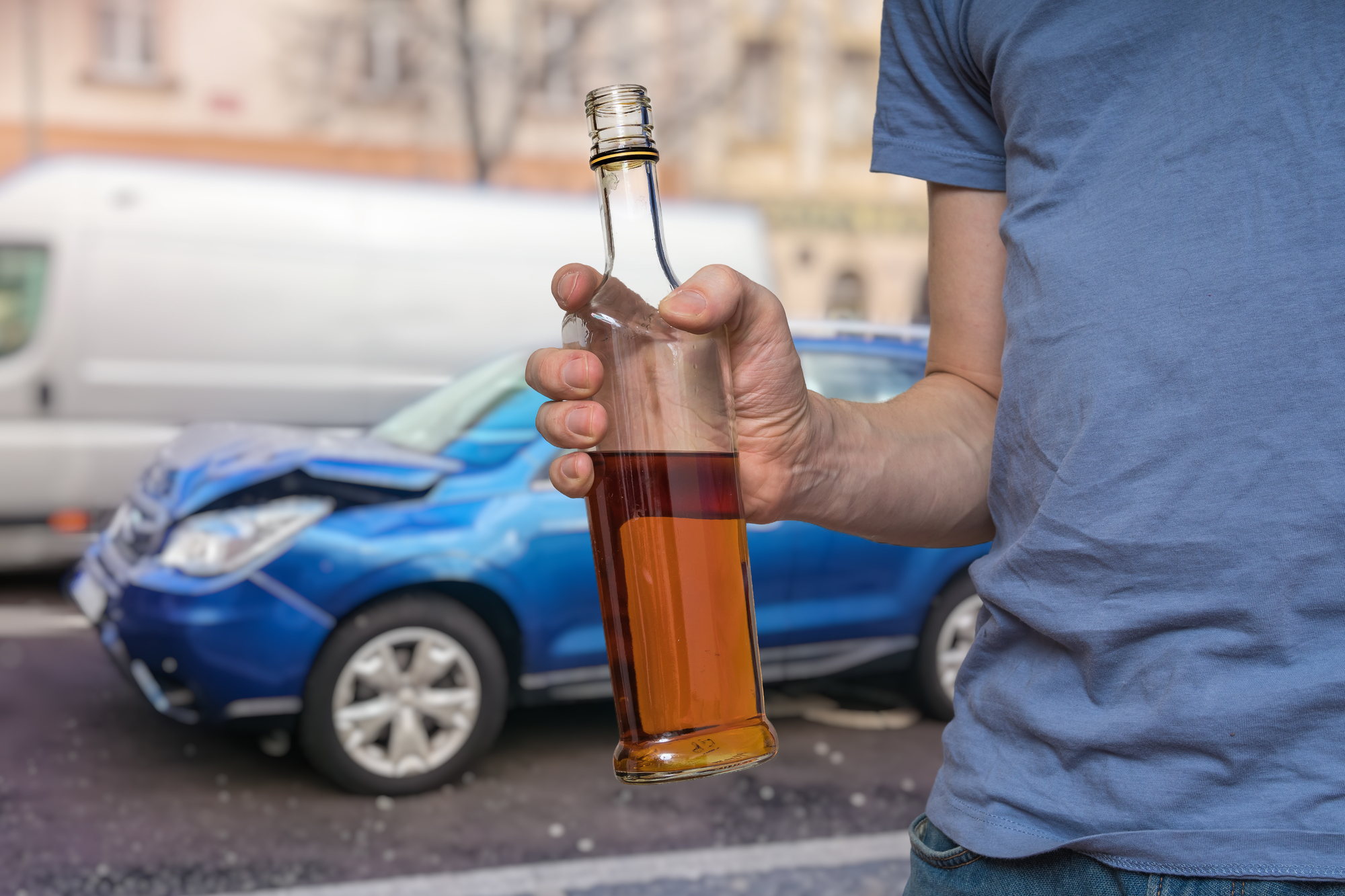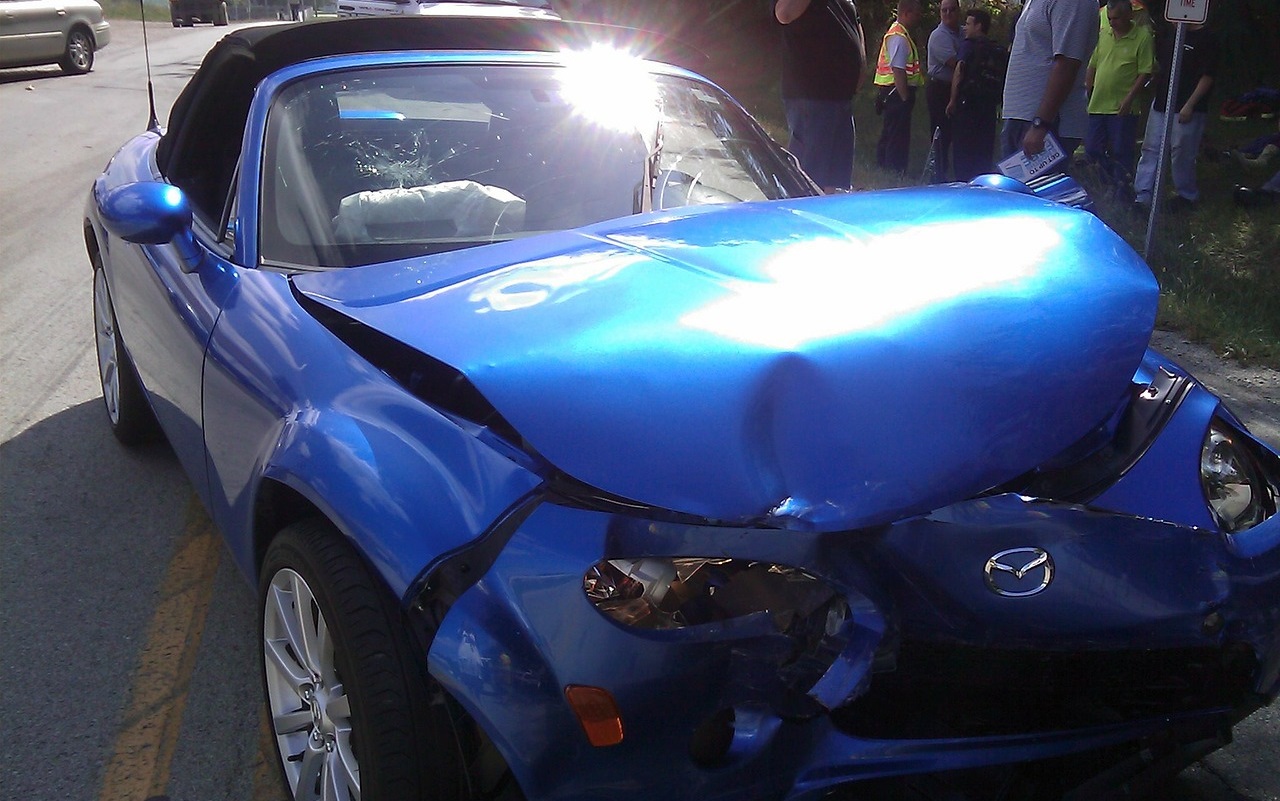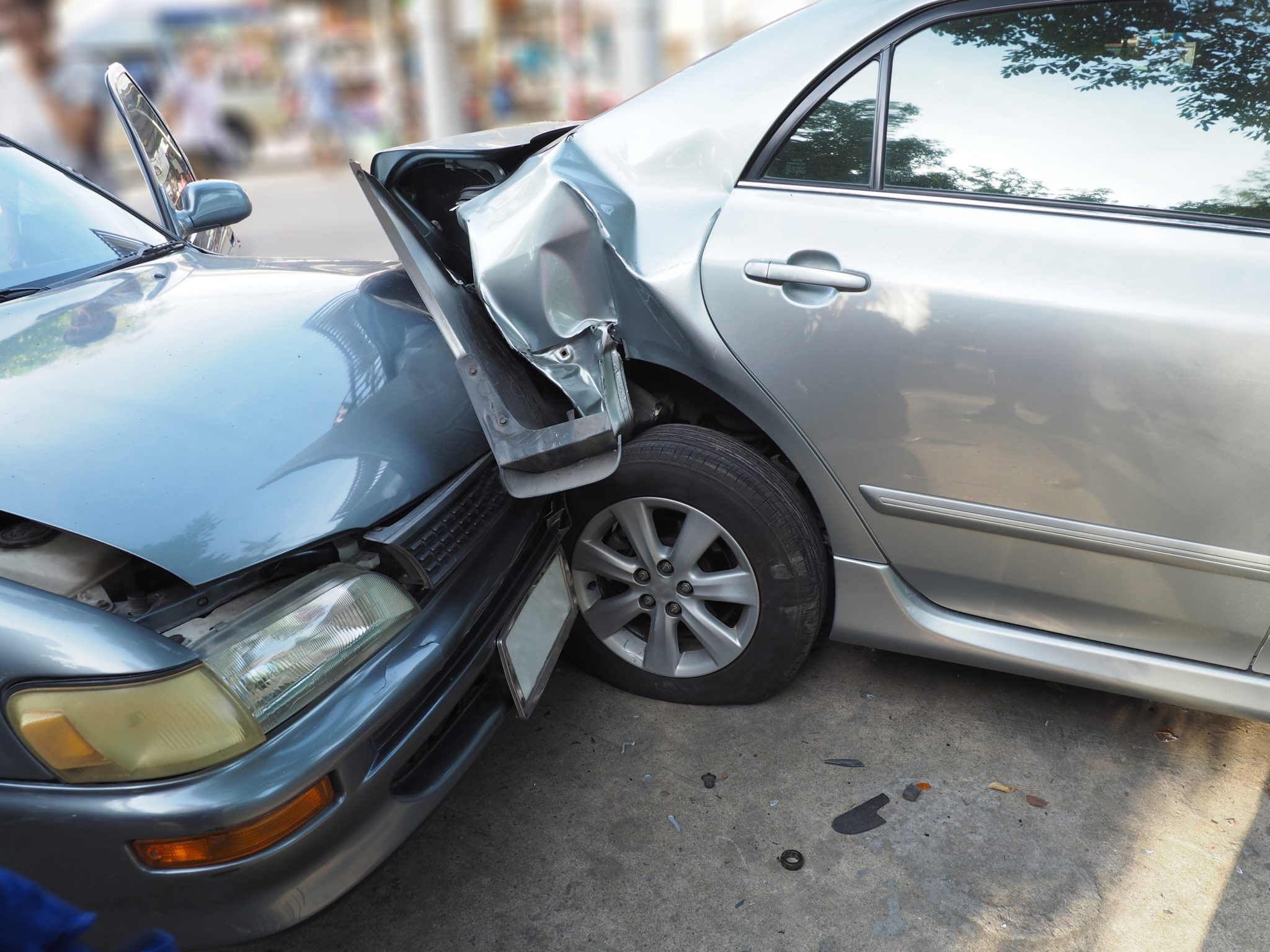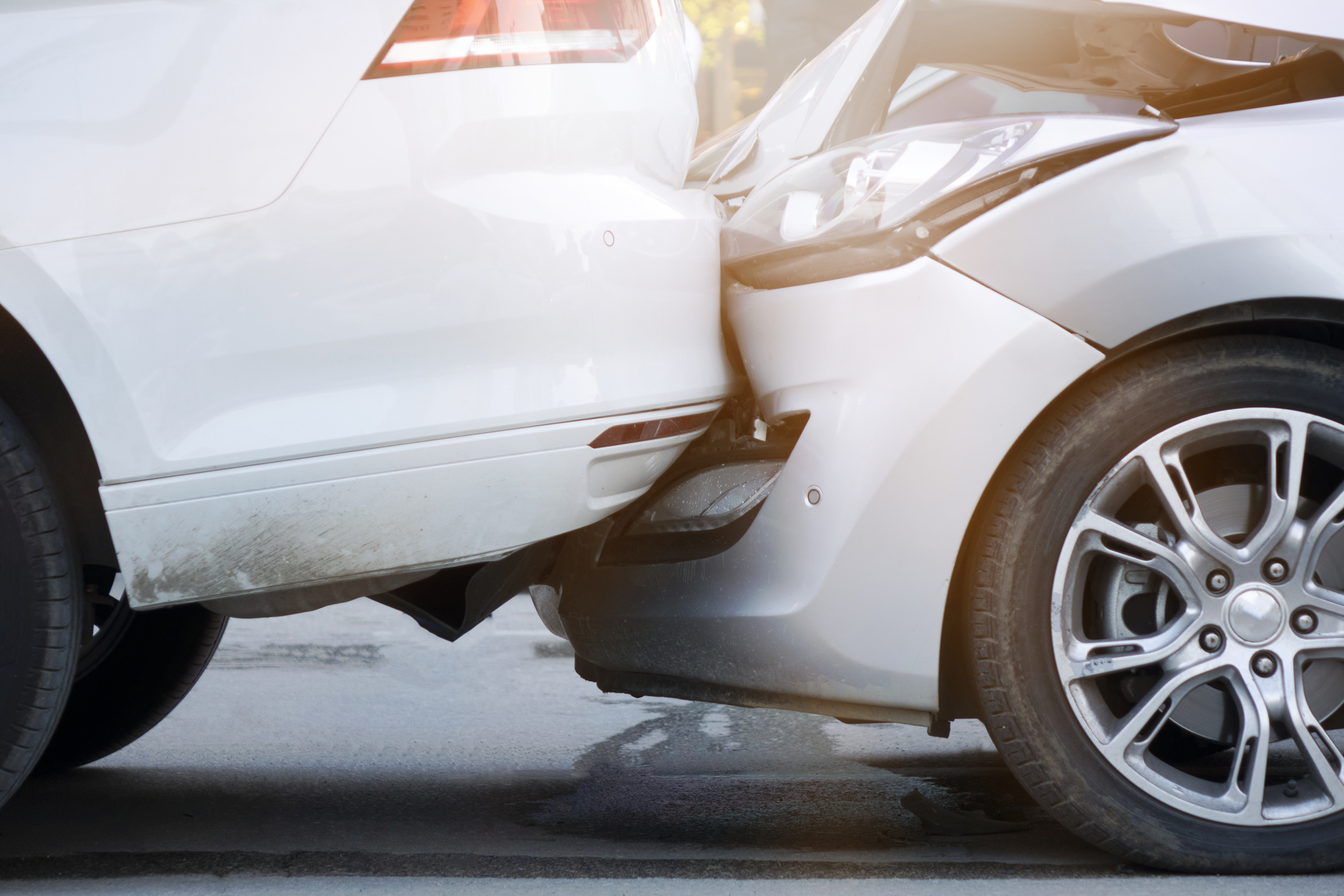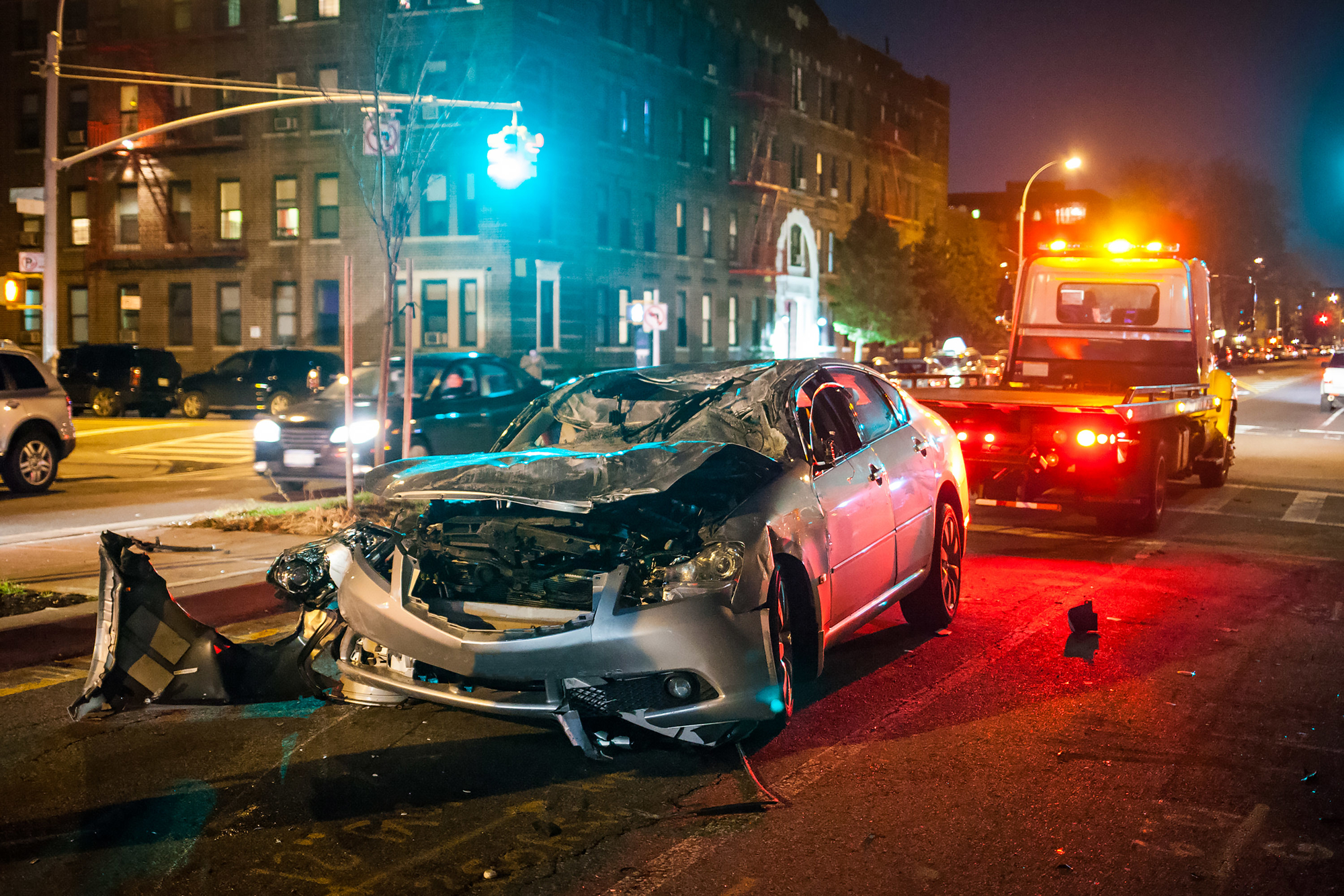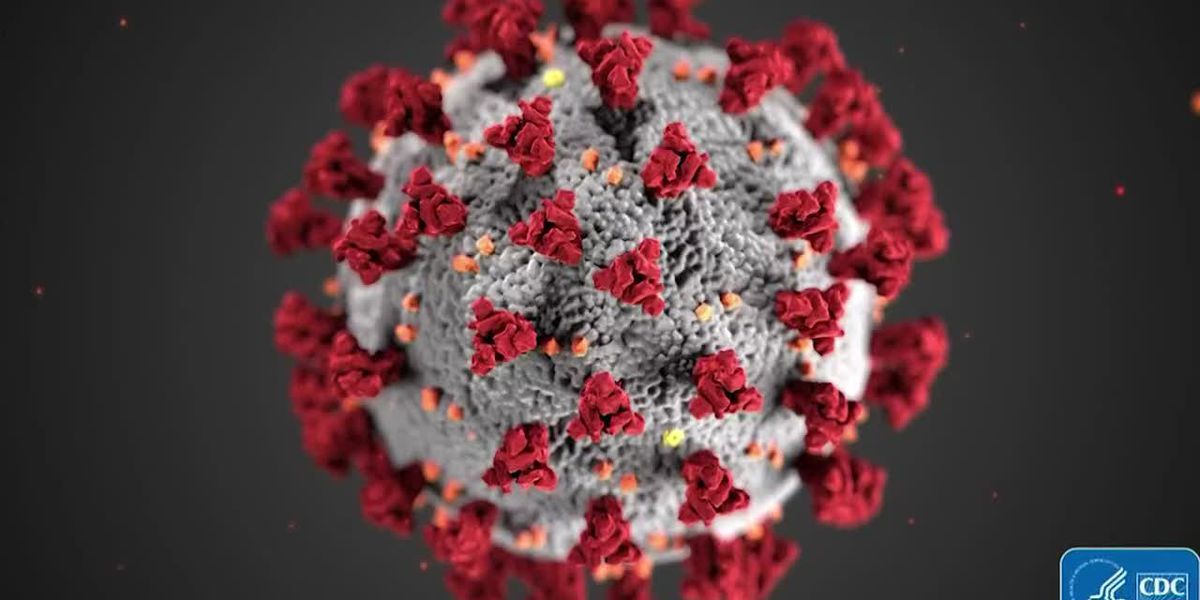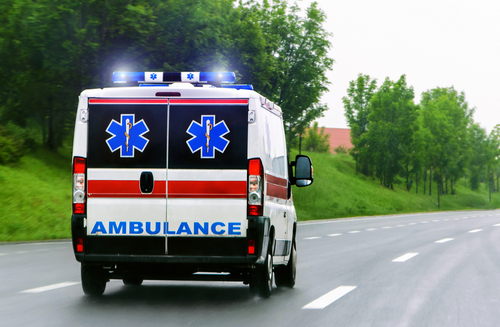Zach:
Hey everybody, Zach Herbert here. I am with Dr. Chun. Dr. Chun is a double board certified anesthesiologist, and I came to know Dr. Chun because he treated some of my past clients that I had at Herbert & Eberstein Group who were injured in car wrecks, and I thought that today I would just reach out to Dr. Chun and ask him a few questions about coronavirus, or COVID-19, what steps that we can take as people to stay safe, and then also what are we doing? Both of our businesses are businesses that are there to help people, and we are the people oriented businesses, so what are we doing to be able to make sure that we’re staying safe and making sure that our clients or patients are staying safe? So hey, Dr. Chun, how are you?
Dr. Chun:
Good. How are you doing sir?
Zach:
Just fine. Just fine. So first tell us about the coronavirus. What do we know so far? What does the CDC say about it?
Dr. Chun:
So just the coronavirus in general, there’s a lot of actually different coronaviruses. This one’s specifically COVID-19. It was discovered in December of 2019, first seen in Wuhan, China, and that’s where it started. But now it’s kind of spread out and all over. The unique thing about it, it was initially animal to human transmission, and now it’s mainly human to human transmission, and it’s spread through respiratory droplets. And so the CDC, it seems daily is coming out with recommendations. Number one, just in statistics, so far in the U.S. there’s been 3,487 cases as of yesterday, 68 total deaths. Just in generally speaking, I mean, there’s been a 1% mortality rate, so people just say, “Well, so many more people die with flu, but so many more people have gotten the flu yearly,” and so this is 10 times more lethal than the flu.
Dr. Chun:
And so for example, right now we are doubling in cases every three days in the U.S. If that were to continue, I read a statistic today that by May, 100 million people will have been exposed. If 100 million people have been exposed and 1% die, that’s a lot of people.
Zach:
Yeah.
Dr. Chun:
And so the big thing about this virus, I mean, it seems to be skewed in regards to what we call morbidity, which is I mean very detrimental or mortality, which is death, skewed more towards the elderly. So, if you’re 80 and above, it’s almost one in five are going to die. And if you’re 70 and above, 60 and above, it’s one in 10. And so it seems to have less symptoms in younger patients, and thankfully for kids, it doesn’t seem to really bother them at all. However, there’ve been people in almost all age groups that have had serious just symptoms even by getting it. So it’s something that we all need to be aware of, and-
Zach:
Well, that reminds me or that brings us to the next thing I wanted to talk to you about was just social distancing. I talked to a couple of people today that didn’t know what social distancing was. It doesn’t necessarily mean you are afraid of getting it, or you’re going to be overcautious because you don’t want to get it, it’s more of a you don’t want to help spread the virus because of what you just said, the morbidity rate for people over 80, even if you’re not over 80, you don’t want to be responsible for spreading it and causing that exponential curve that you already talked about. Right? So what can we do? What is the social distancing aspect of the whole thing?
Dr. Chun:
So social distancing, I mean, simply said is just having basically you want to keep at least six feet away from just people in general. Like I said, it can be asymptomatic, meaning you can have no symptoms and still be carrying the virus. In fact, it takes anywhere from two to 14 days to even show symptoms. So you could be infectious without you even knowing. And so just generally speaking right now, I mean I have resorted to the elbow as in regards to saying hi to people, or just way from afar altogether. Why is six feet so important? It’s because if someone coughs, if someone sneezes, the rest of the [inaudible 00:04:50] droplets, which is what comes out of your lungs and just sneezing, that will travel about six feet. So if that were to get on your hands for example, and you were to touch your face, and what we call the mucus membranes, which would be the eyes, nose and mouth, and were get into your system, then you will get infected.
Dr. Chun:
And so it is actually for you to just protect yourself in general, but also you don’t want to be a vector, meaning a carrier of this virus to someone that is high risk. So high risk, we talked about that, the elderly, we also talked about people with diabetes, heart disease and high blood pressure that are higher risk as well.
Zach:
Well I wanted to talk also about what steps we’re taking in our own businesses. I personally, I meet with clients face to face a lot. We have depositions that are a bunch of people in a room less than six feet apart, and then there’s court. I got to go to court. I got to go to hearings. I know that for me I’m doing things like this Zoom call with you, I’m doing that with my own clients instead of face to face. I’m setting up depositions the same way with the Zoom call, and then courts are even using telephonic hearings now, and they’re allowing us to be by video like this, and so hopefully we’ll be able to keep on business as usual. We’re just going to shift how we do that a little bit by going more telephonic and in video calls. What are you doing at Epic Pain Centers for your patients?
Dr. Chun:
So, at Epic in ortho, we’re still seeing patients obviously because they need medical care. However, we are screening. Okay. So what are we screening? We’re asking, and this was suggested to me, I was asking some colleagues, my hospitalist friend, he’s a medical doctor and works at UT Southwestern, which is pretty much the academic center here in Dallas. So what they are doing is the screening questions are any flu-like sentence.
Dr. Chun:
So, the three kind of triad of symptoms that seem to be correlating with the coronavirus is high fever, and fever just for definition is over 100.4 degrees Fahrenheit is a fever, so people say, “Oh, 99, that’s not technically a fever, and these seem to be actually very honored, compared to 104 to [inaudible 00:07:13] fever, cough, dry cough actually and shortness of breath. So, if you have that triad of symptoms, have a history of a travel, I mean used to be international but now it’s even out of state to some of these hotspots, and the third question know of exposure to anyone of course with COVID-19, then unfortunately we are not going to see you as a patient in our clinics because we don’t want to exposure to our staff and our providers, but also just exposure to your patients.
Dr. Chun:
We are also taking steps in regards to making sure everything is thoroughly cleaned, in between patients going to rooms, clean any high touch areas with Clorox wipes, those types of things, hand sanitizing, which I know is actually pretty difficult to get out there from what I hear, but we’re taking all precautions in regards to still being able to treat our patients but also remain safe.
Zach:
Awesome. Great. The last thing I want to talk about is what do you recommend, anybody watching this video, what do you recommend they do for prevention? What steps should they take to make sure that they’re staying safe?
Dr. Chun:
Well, I’ve been reading a lot on this, just trying to educate myself and just making sure that I’m telling people the right things, and I think the main thing you hear all about quarantine. I was told that, I guess, the root of the word quarantine is actually 14 days. I guess that kind of started from back when they were kind of discovering America for example, if they would stay on the boat for 14 days before they would come to shore with less chance of infecting the natives. So, in a way that’s kind of what this is as well. However, if you’re sick, meaning like colds, and the thing that’s difficult, it’s hard to differentiate this from a common cold or the flu, because you can have similar symptoms, right, fever, cough, I mean, shortness of breath, that can all happen. But if you’re sick, just stay home.
Dr. Chun:
I mean, I read something the other day and I will do the clean version of it, hashtag stay the F home, and that is not necessarily a bad idea, especially if you’re having symptoms. And you know, the CDC went from no gatherings of 500, to 250, then they had 50. Just today, they’re saying 10.
Zach:
I saw that. Yeah.
Dr. Chun:
And so just don’t be in places that are crowded. I mean, there’s a lot of young people that, “Oh, it’s not going to affect me this much,” and they’re going out there and they’re like, “Oh, screw this disease. We’re going to overcome it and we’ll be fine,” and they’re going out there and purposely going out to bars and nightclubs or whatever. In fact, even in LA, New York, Chicago, they literally shut them down. I heard San Francisco’s doing that. I heard Denver’s doing that now. I wouldn’t be surprised if we had a nationwide, some sort of lockdown to be honest. Friends just said it today, too.
Zach:
Wow. Okay, so thank you very much, Dr. Chun. I really appreciate taking the time to talk to me and to help us kind of through the pandemic that is the coronavirus right now. If you have any questions, I’m going to put a link underneath this video to both Dr. Chun’s website and my own. Thank you very much, Dr. Chun. I will talk to you later.
Dr. Chun:
Thank you. Same to you. Bye.

